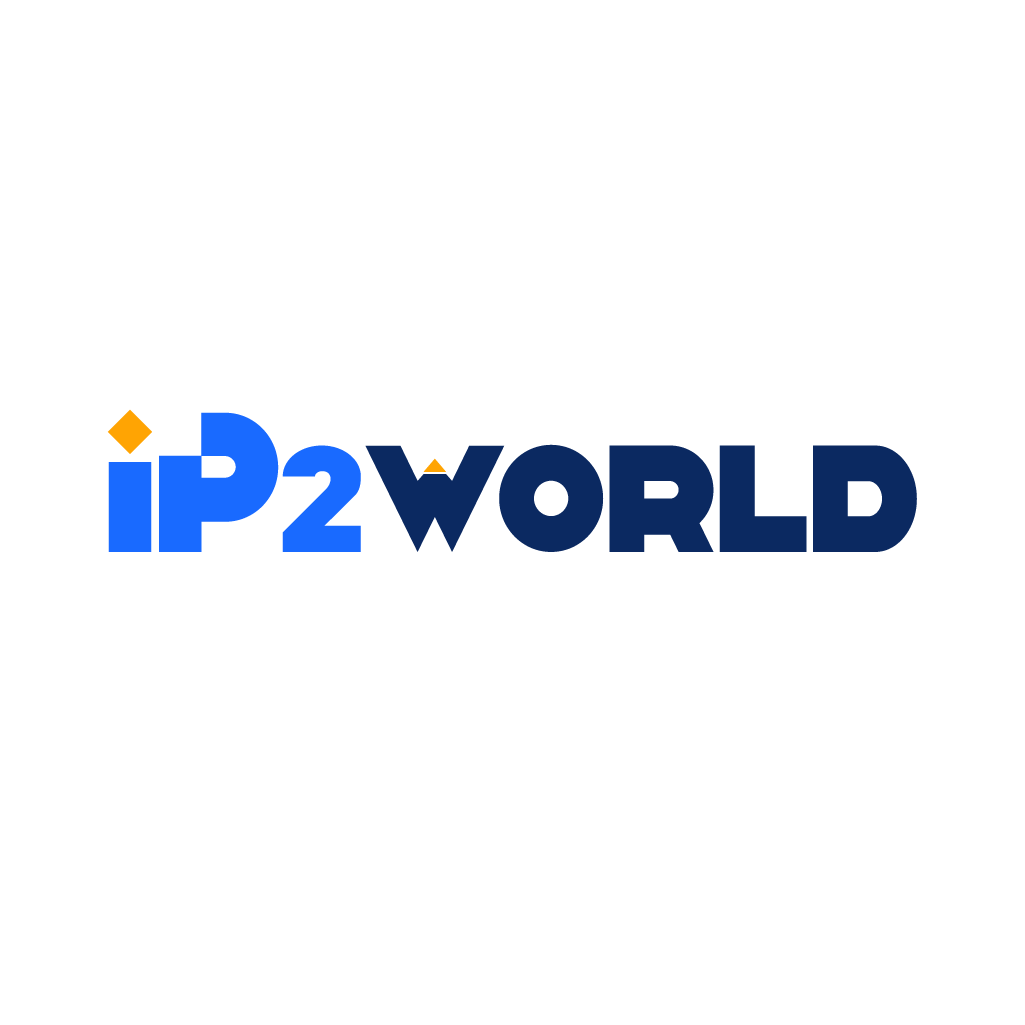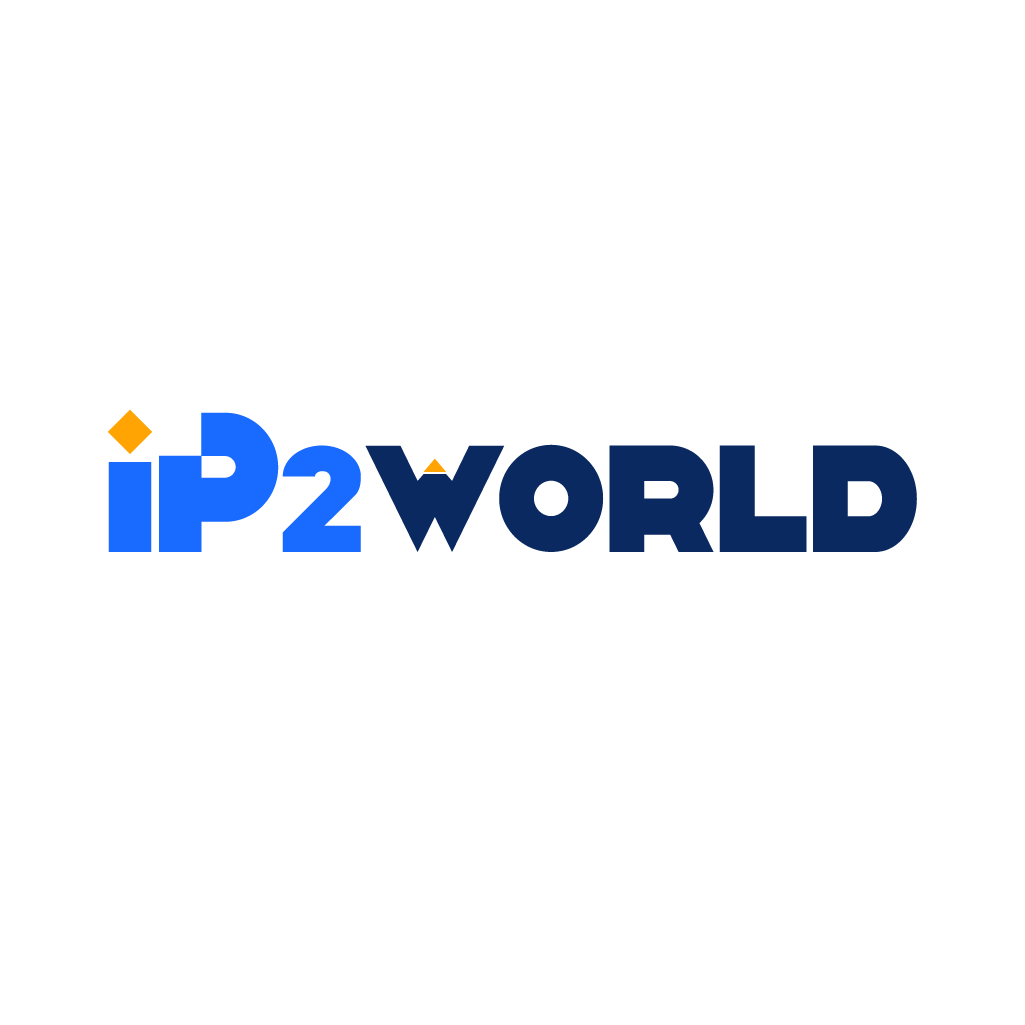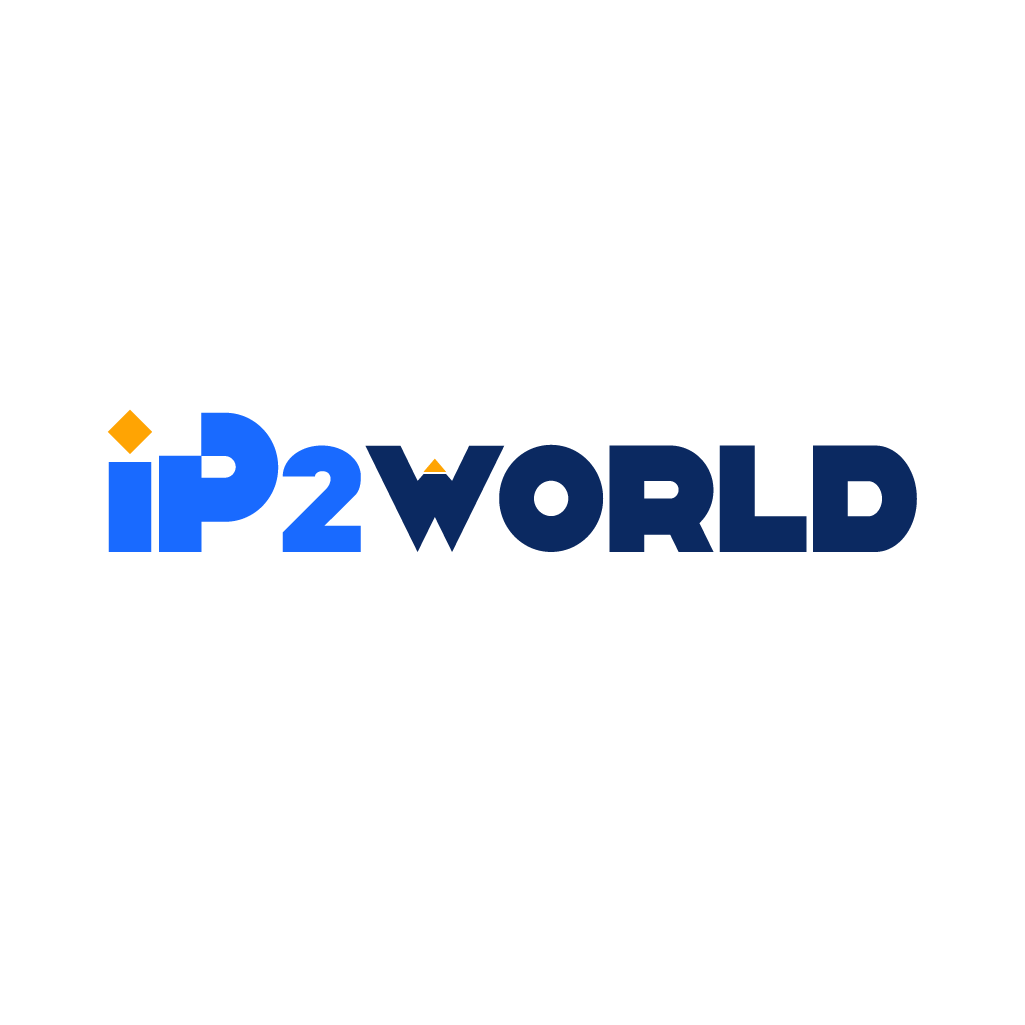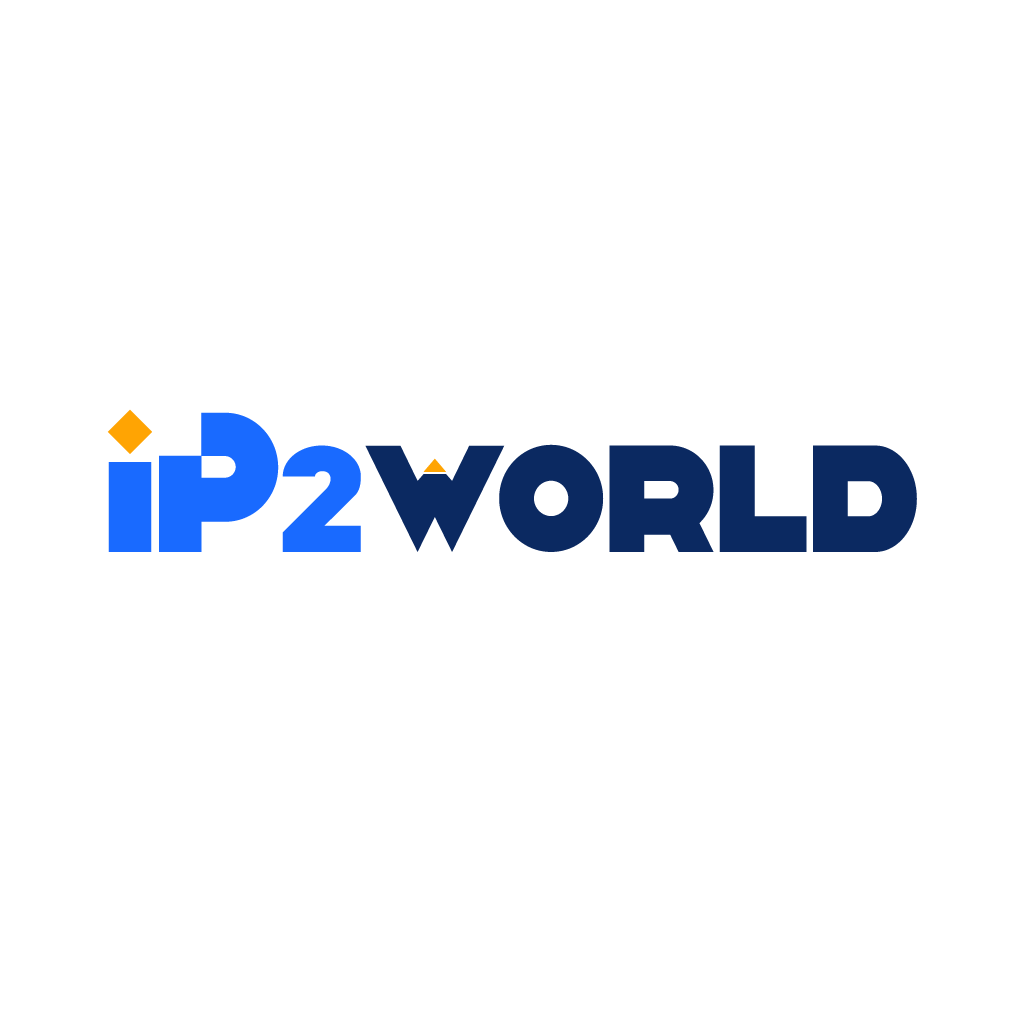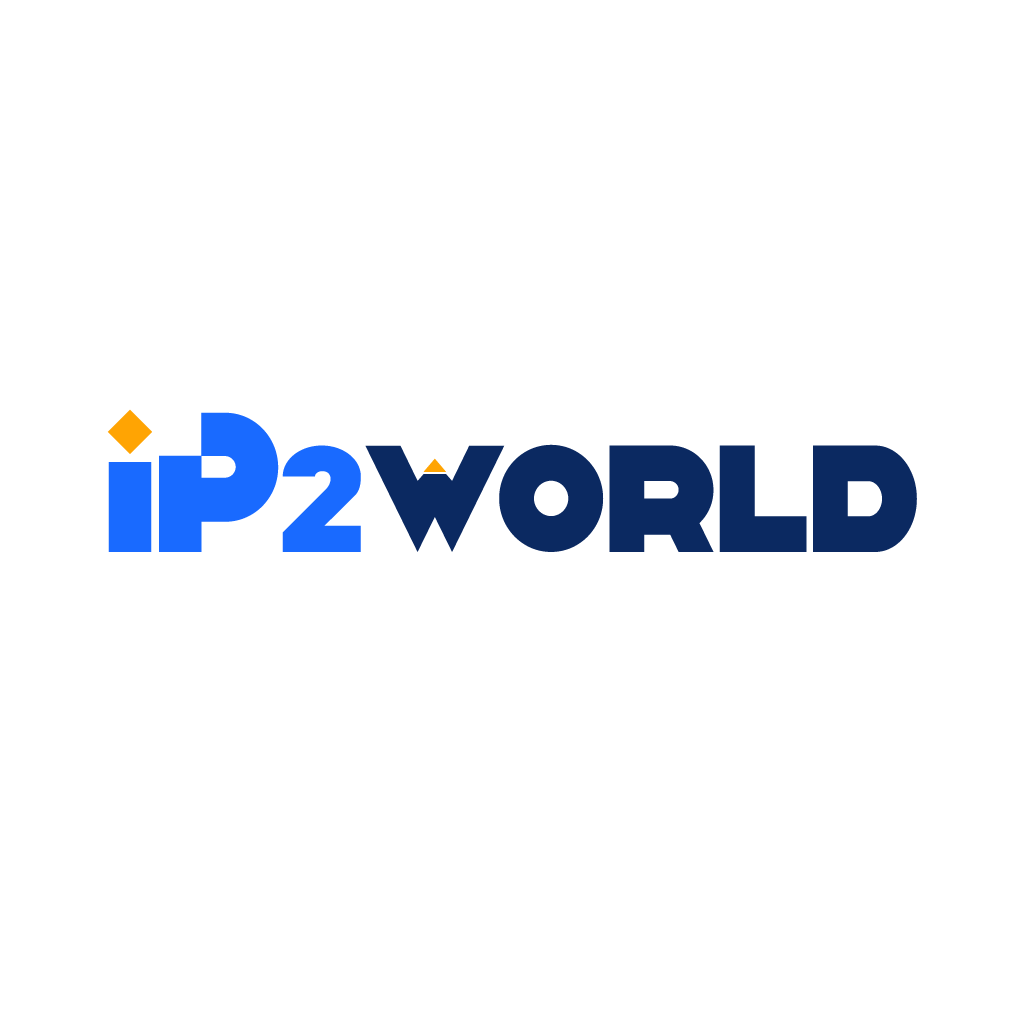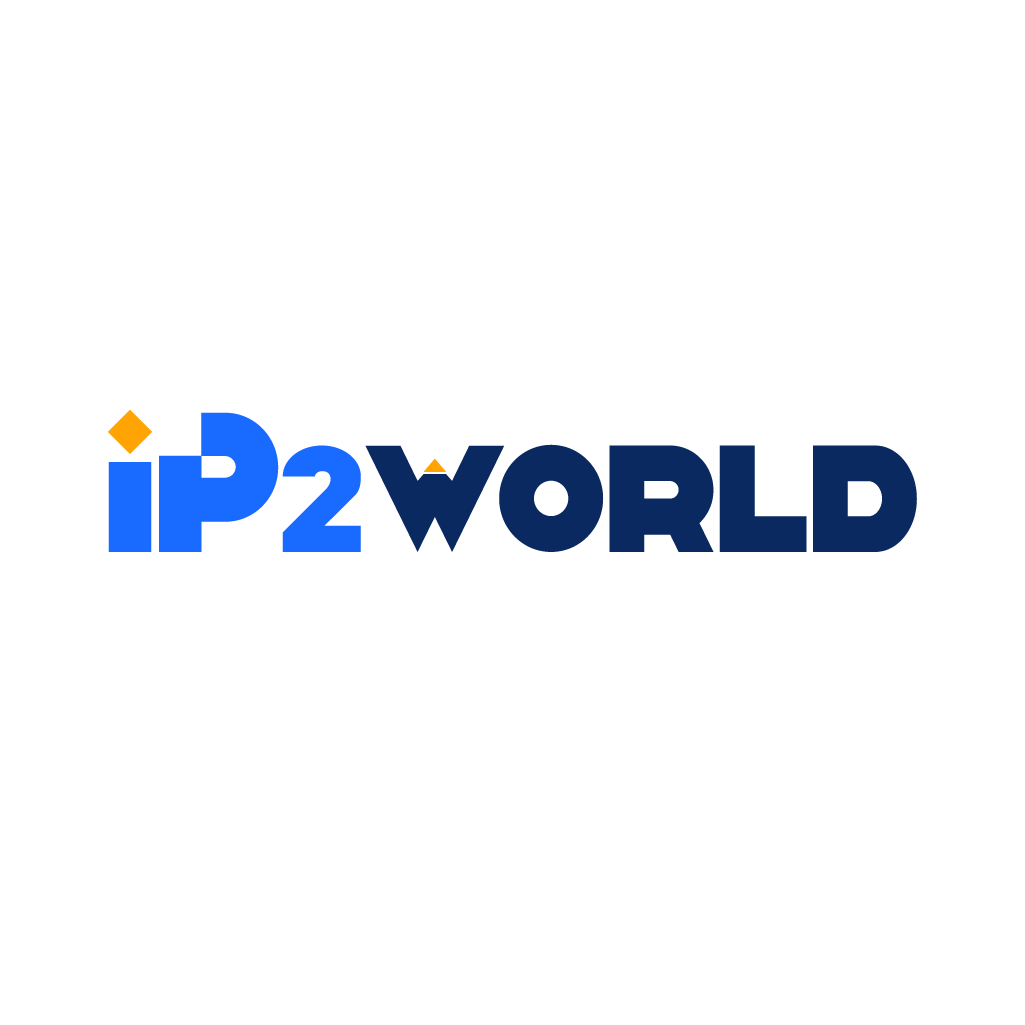I. As digital marketing landscapes continue to evolve, Artificial Intelligence (AI) and Machine Learning (ML) are steadily gaining prominence. These technological advances are not just buzzwords but are becoming indispensable tools for marketers aiming to be more effective and efficient. This article delves into how AI and ML are revolutionizing the digital marketing industry, the benefits they bring, the challenges they pose, and why it’s imperative for marketers to adapt to this transformative shift. II. How AI is Revolutionizing Digital Marketing More Effective Predictive AnalyticsMachine learning algorithms, particularly techniques like supervised learning, including decision trees, naive Bayes, and nearest neighbors, have enhanced the capabilities of predictive analytics. This means they can better forecast customer behavior, market trends, and the effectiveness of various marketing strategies, allowing companies to make data-driven decisions more accurately. Improved Customer Segmentation and TargetingMachine learning can analyze vast amounts of customer data to identify specific patterns and trends. This information is invaluable for segmentation and enables marketers to target customers more precisely, thus increasing the likelihood of conversions and customer engagement. Automated Content Creation and OptimizationAI-powered systems can generate content for emails, social media posts, and even blog articles. These aren't just bland, generic outputs; they can be customized based on user behavior and preferences, ensuring each piece of content serves a purpose in the broader marketing strategy. Chatbots and Conversational AI for Better Customer Experience (CX)Natural language processing, a subset of AI, has brought about the rise of chatbots and conversational agents. These tools can handle customer queries in real-time, providing instant support and thereby improving customer experience and satisfaction. Advanced Analysis of Social Media DataAI algorithms can perform sentiment analysis and trend forecasting in social media, helping businesses understand public opinion about their brand and adapt their marketing strategies accordingly. III. Case Studies NetflixThe streaming giant utilizes machine learning algorithms to recommend personalized movies and series to its viewers, boosting user engagement and satisfaction. AmazonThe e-commerce behemoth employs AI to not only recommend products but also to optimize its supply chain and pricing strategies. UberThe ride-sharing app uses machine learning to forecast demand, determine pricing, and optimize routes, ensuring a seamless customer experience. IV. Benefits for Marketers Time and Cost SavingsOne of the most immediate benefits of integrating AI and ML into digital marketing strategies is the significant saving of both time and financial resources. For example, automating data analysis eliminates the need for human teams to sift through massive data sets manually, a task that could take weeks if not months. By leveraging machine learning algorithms, businesses can analyze and make sense of this data in real-time. This immediacy not only speeds up decision-making but also frees up marketers to focus on more value-added activities such as strategy formulation, creative campaign design, and brand development. Moreover, the time saved by automating mundane tasks can be invested in nurturing customer relationships, stakeholder engagements, and even staff training and development. Financially, the automation of tasks reduces the overhead costs associated with large teams and long working hours. All of these savings contribute to an improved bottom line, making the ROI of implementing AI and ML increasingly attractive. Ability to Process More DataHuman teams, no matter how skilled, have limits to the amount of data they can process and analyze. Machine learning algorithms can crunch through terabytes of data in fractions of the time it would take a human team. This ability means that companies can gain more granular insights into consumer behavior, market trends, and even emerging global phenomena that could impact the business. Such comprehensive data processing allows businesses to understand micro-trends and make hyper-localized marketing decisions, thereby increasing the effectiveness of their campaigns. Moreover, real-time analytics empower marketers to make adjustments to their strategies on the fly, enabling more adaptive and responsive marketing efforts. More Personalized and Engaging CampaignsWith the capability to analyze consumer behavior, preferences, and engagement at an unprecedented scale, AI provides the tools necessary for crafting highly personalized and engaging campaigns. Personalization goes beyond merely inserting the customer's name into an email; it's about offering product recommendations based on browsing history, tailoring content to individual preferences, and even adjusting pricing and promotional strategies in real-time to suit segmented audience needs. By understanding the customer journey at each touchpoint, marketers can design interventions that feel personal and relevant to the consumer. These tailored experiences are more likely to convert, building brand loyalty and enhancing long-term customer value. Staying Ahead of the CompetitionThe competitive advantage gained through the early adoption of AI and ML can be significant. As these technologies continue to evolve, they're setting new industry benchmarks for efficiency, customer engagement, and ROI. Businesses slow to adopt these technologies may find themselves lagging in market responsiveness, customer insights, and overall competitive positioning. Furthermore, as more companies adopt AI and ML, a form of "network effect" can occur: the more data that is fed into machine learning algorithms, the smarter they get, creating an ever-widening gap between companies that are data-rich and those that are data-poor. V. Challenges and Limitations Data Privacy ConcernsAs marketers collect more and more data to feed their AI and ML algorithms, questions regarding data privacy and security become increasingly critical. Regulations like GDPR in the EU and CCPA in California mandate strict data protection measures. Non-compliance not only risks hefty financial penalties but also can damage brand reputation irreparably. Therefore, while the extensive use of customer data can significantly enhance marketing efforts, it also imposes a responsibility to protect that data diligently. Explainability of ModelsAI and ML models, especially deep learning algorithms, are often termed "black boxes" due to their complexity and lack of transparency. While they can produce highly accurate predictions or classifications, explaining how they arrived at a particular conclusion can be challenging. This lack of explainability can be a significant hurdle in building trust, both within the organization and with customers. Marketers, therefore, need to balance the use of sophisticated models with the need for transparency and trustworthiness. Potential Biases in Data/ModelsMachine learning models learn from the data they are trained on. If this training data includes biases—whether related to gender, race, or any other factor—there is a risk that the machine will learn and perpetuate these biases. Such outcomes are not only ethically problematic but can also lead to ineffective or damaging marketing campaigns. It's crucial, therefore, for marketers to ensure that the data used to train machine learning models is as unbiased and representative as possible. Implementation CostsThe initial costs of implementing AI and ML into digital marketing strategies can be high. These costs include not just the technology itself but also the hiring or training of staff skilled in data science, machine learning, and analytics. However, these initial costs often pay off in the form of increased efficiency, higher customer engagement, and improved ROI. Nonetheless, businesses, particularly smaller ones, may find the initial financial outlay challenging. In conclusion, while AI and ML bring tremendous benefits to the field of digital marketing, they are not without challenges. By understanding both the advantages and limitations, marketers can implement these technologies in a way that is both effective and responsible. VI. Conclusion AI and machine learning are no longer future technologies; they are here and are reshaping the digital marketing landscape in profound ways. For marketers, staying up-to-date with the latest advances in AI and ML has shifted from being optional to crucial. Adapting to these changes doesn't just enhance efficiency; it's rapidly becoming a requirement for staying competitive in an increasingly data-driven world. The benefits—ranging from time and cost savings to more personalized and engaging campaigns—often outweigh the challenges. However, issues like data privacy and high implementation costs are not to be overlooked and call for informed, thoughtful strategies. The future of digital marketing is not just digital; it's intelligent.
2023-10-20
